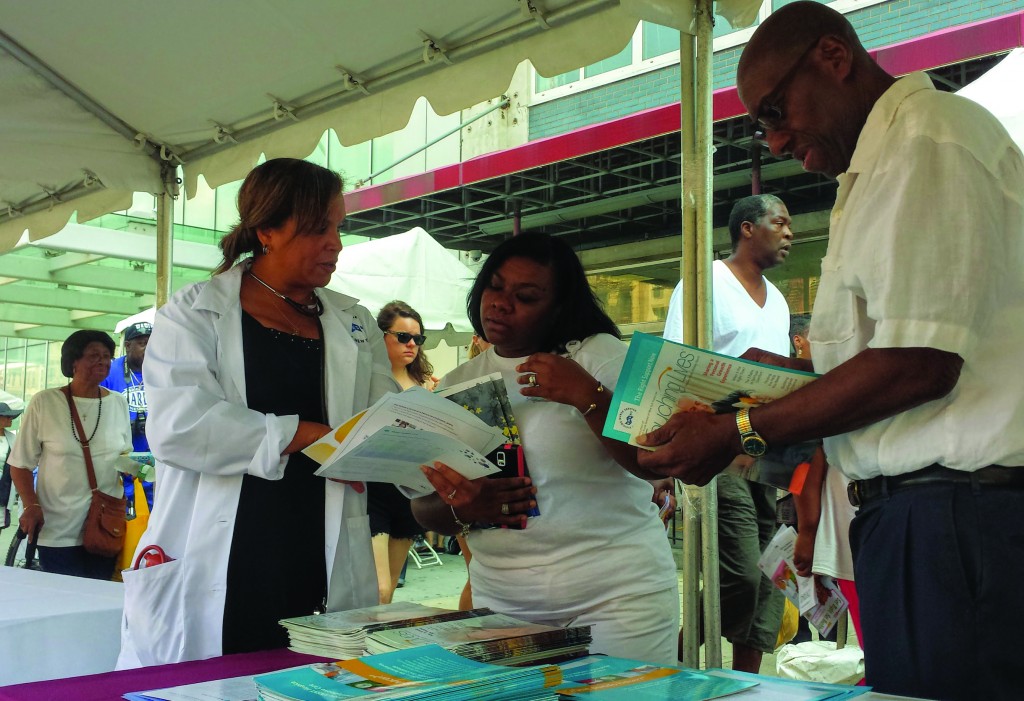Talking to family members about end-of-life care is not something you might picture as being casually done over dinner. The word “hospice” alone can cause unease, and sometimes people believe that just talking about death and dying can bring on bad luck. Cultural beliefs do often keep people in the dark about care, services and quality of life measures that could help people live out their final days in as much peace and comfort as possible.
African American communities in particular historically underutilize the benefits of hospice care. Despite generous Medicare benefits, and the fact that hospice is considered one of the most comprehensive and quality models of care available for people with advanced terminal illness, nationwide, nearly 83 percent of hospice patients are Caucasian. African Americans account for just 8.5% of the U.S. hospice population.
There are many reasons for this disparity, but the overriding one is simply lack of awareness. Too often, potential hospice patients don’t have access to accurate information about hospice and how it can help loved ones remain at home, surrounded by family, receiving comfort-oriented care that is focused on pain relief, symptom management, and emotional support.
To help address this disparity, the Visiting Nurse Service of New York has developed a pilot program for African-American communities in Harlem called the Hospice Outreach Program Effort (HOPE). Launched this past summer, HOPE involves targeted outreach to medical professionals and potential hospice patients in Harlem Hospital and the surrounding area in an effort to overcome the barriers that prevent people from considering this option.
“HOPE is really about establishing a relationship with the community, so that we can get a discussion about end-of-life care started,” says Michelle Drayton, RN, MPH, the program’s director. “We are helping families understand what hospice care truly entails and presenting the term hospice in a whole new light.”
In just a few months, the program is already making a positive impact within the Harlem community with program members appearing at local health fairs, community centers and churches to share information about the benefits and availability of hospice services. Community-wide surveys and education campaigns are helping identify and rectify common myths and misconceptions about hospice, while establishing relationships with patients and their families. HOPE staff are also encouraging end-of-life conversations between doctors and patients and helping them address conflicts between an individual’s spiritual and cultural beliefs and the goals of hospice care.
“Learning that hospice includes comprehensive medical care, available 24/7 to manage symptoms and keep the patient comfortable at all times, as well as specialized psychological and spiritual support for patients and their families — and that it is all paid for by insurance — is typically an eye-opener,” says Michelle. “Project HOPE is helping families understand how the skilled medical care, the dedication, and even the love that hospice provides helps to lighten the physical and emotional burdens at the end of life.”
To learn more or speak with someone about VNSNY Hospice and Palliative Care,
call 212-609-1900 or visit www.vnsny.org.

